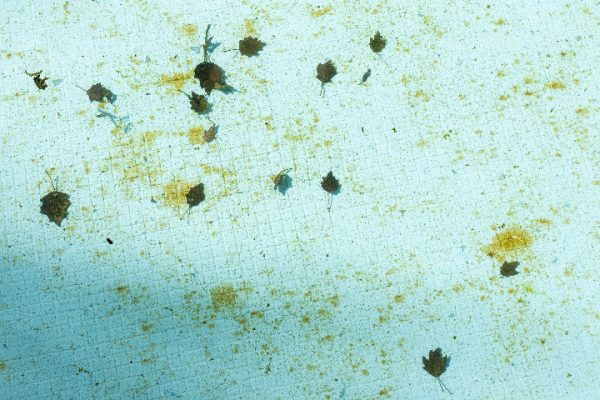Maintaining a clean and clear swimming pool is a top priority for pool owners, but not everyone is keen on using chemicals to achieve this goal. Fortunately, there are several natural methods to eliminate algae from your home swimming pool. In this article, we’ll explore eco-friendly and cost-effective alternatives to traditional pool treatments that will keep your pool algae-free and looking pristine.
- Circulation and Filtration
One of the most effective ways to prevent algae growth in your pool is by ensuring proper water circulation and filtration. Algae thrive in stagnant water, so running your pool pump and filter system for at least 8-12 hours a day will help keep algae at bay. Additionally, regularly cleaning and maintaining your filter will optimize its performance in capturing algae and other contaminants.
- Regular Pool Maintenance
Adopt a consistent pool maintenance routine that includes brushing, vacuuming, and skimming. Brushing the pool’s walls, steps, and corners with a pool brush will dislodge algae and prevent them from taking hold. Vacuuming the pool floor and skimming the water surface will remove any debris that could encourage algae growth.
- Balanced Water Chemistry
Maintaining proper water chemistry is vital for a healthy pool environment. While this doesn’t involve directly using chemicals to kill algae, it does involve regular testing and adjustment of your pool’s pH, alkalinity, and calcium hardness levels to create an environment less conducive to algae growth. Aim for a pH level of 7.4-7.6, alkalinity of 80-120 ppm, and calcium hardness of 200-400 ppm.
- Solar Pool Ionizers
Solar pool ionizers are an eco-friendly and chemical-free solution to combat algae. These devices float on the pool’s surface and use solar power to generate a low-voltage electric current, which releases copper and silver ions into the water. These ions have algaecidal properties, killing algae while being safe for swimmers and the environment.
- Barley Straw
Barley straw is an unconventional yet effective natural algae inhibitor. When placed in a mesh bag and floated in the pool, barley straw releases enzymes and compounds that inhibit algae growth without affecting water chemistry. Replace the barley straw every few months for continuous protection against algae.
- Biological Algae Inhibitors
Another natural way to combat algae in your swimming pool is by using biological algae inhibitors. These products contain beneficial bacteria that compete with algae for nutrients, effectively reducing algae populations. Add the biological algae inhibitor to your pool according to the manufacturer’s instructions, ensuring you use the correct dosage for your pool size.
- Shade Management
Algae thrive in sunlight, so controlling the amount of sunlight your pool receives can help reduce algae growth. Install shading options, such as umbrellas or shade sails, to limit sunlight exposure. Additionally, trimming overhanging trees and bushes will minimize the amount of debris falling into the pool, reducing the nutrient availability for algae.
Conclusion
By embracing natural and eco-friendly methods, you can keep your home swimming pool algae-free and sparkling clean. Proper water circulation, filtration, and balanced water chemistry, combined with natural algae inhibitors, will ensure your pool remains a refreshing and inviting haven for friends and family all season long. Give these natural solutions a try, and enjoy the benefits of a greener, healthier swimming pool.
